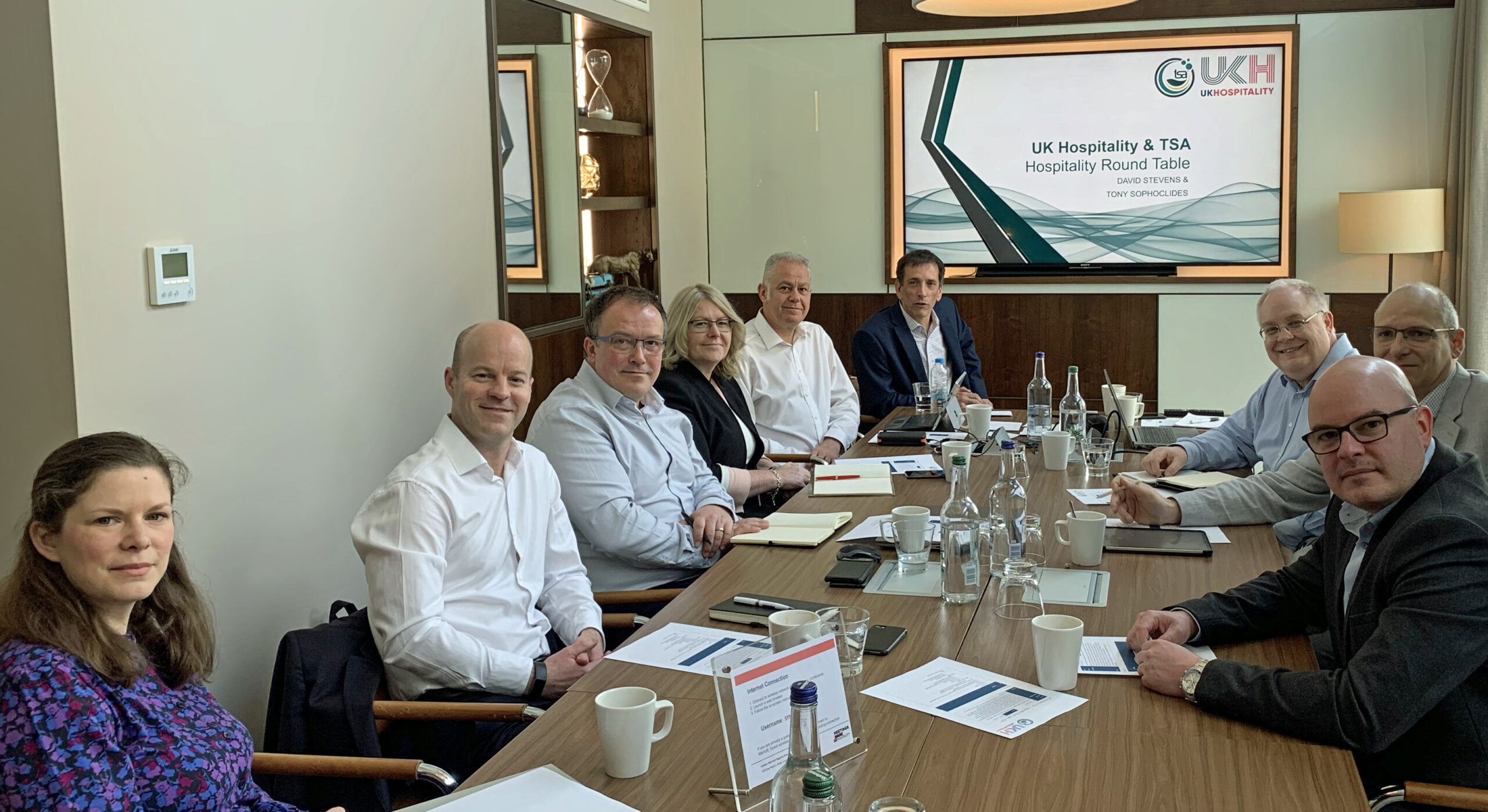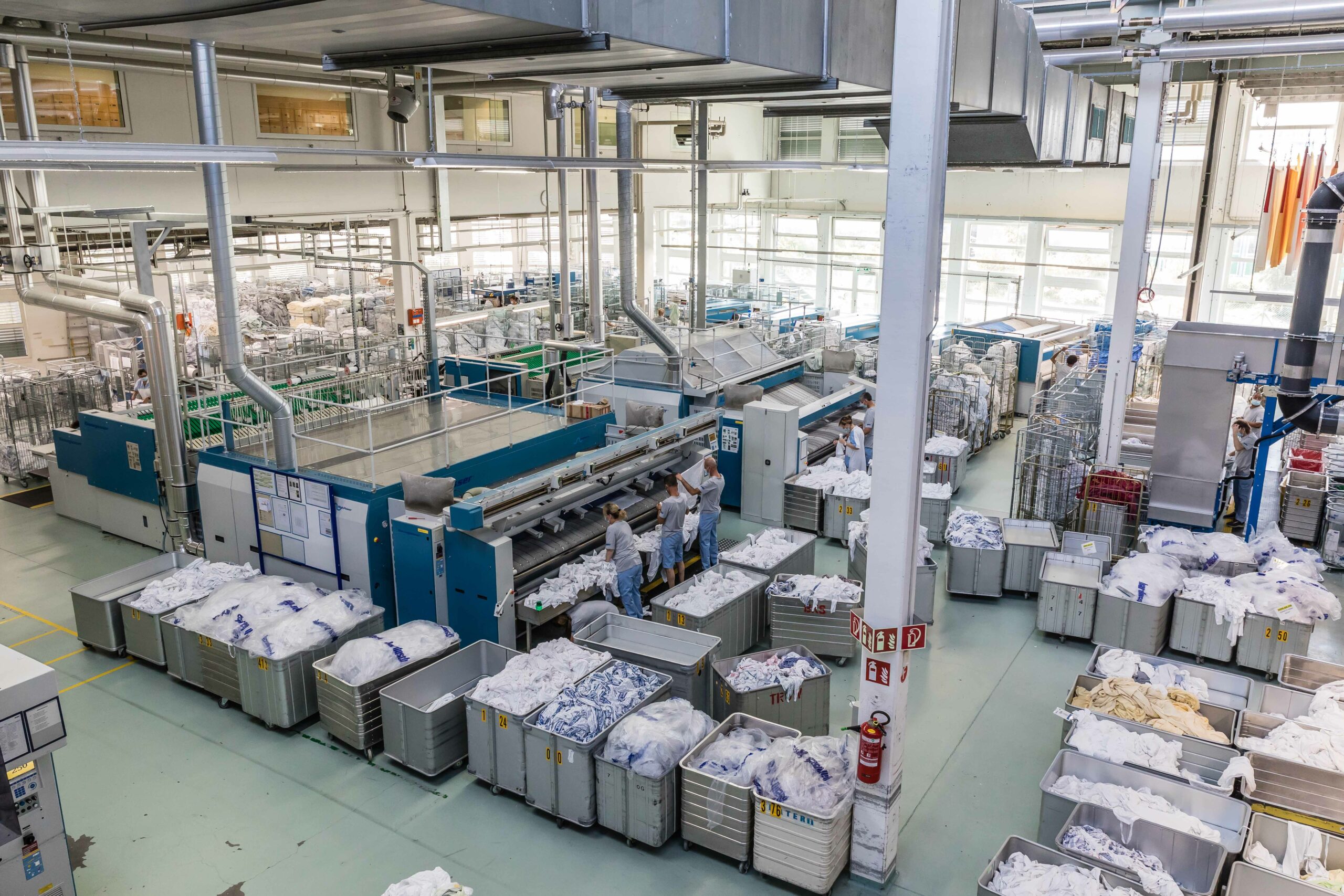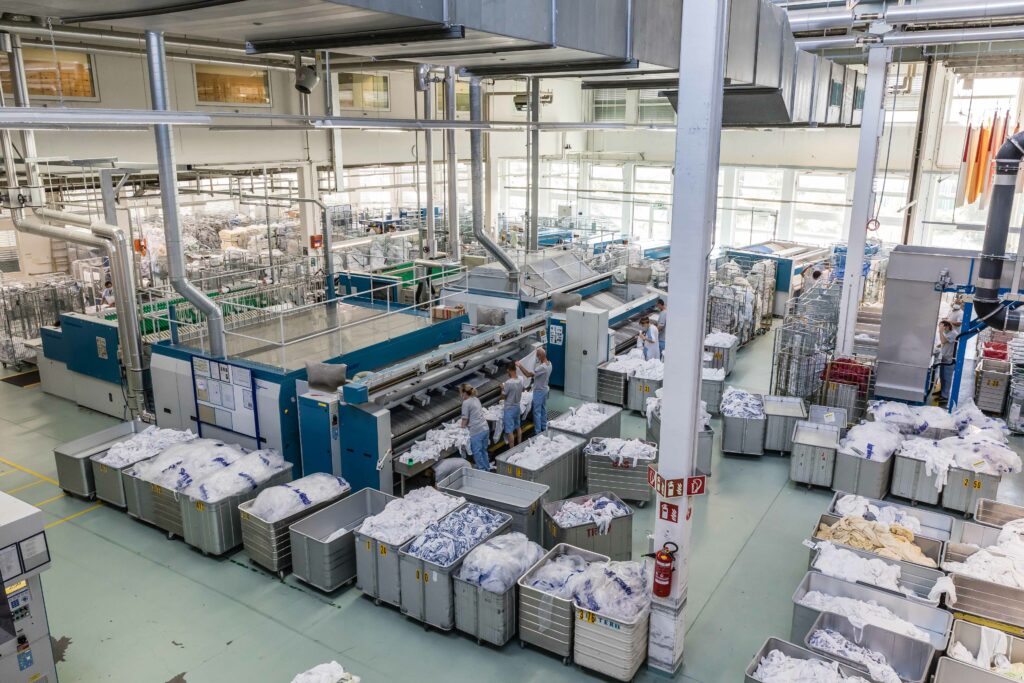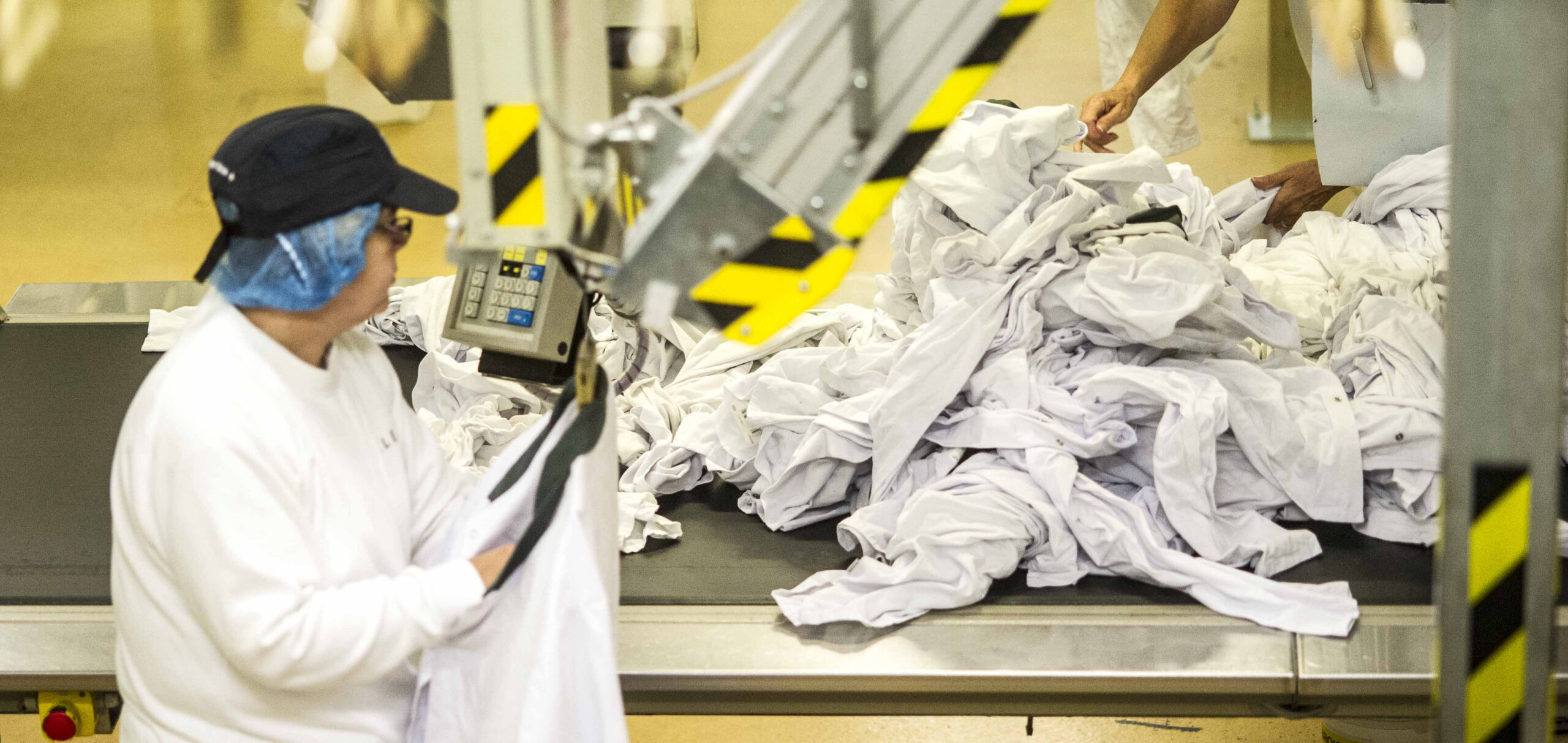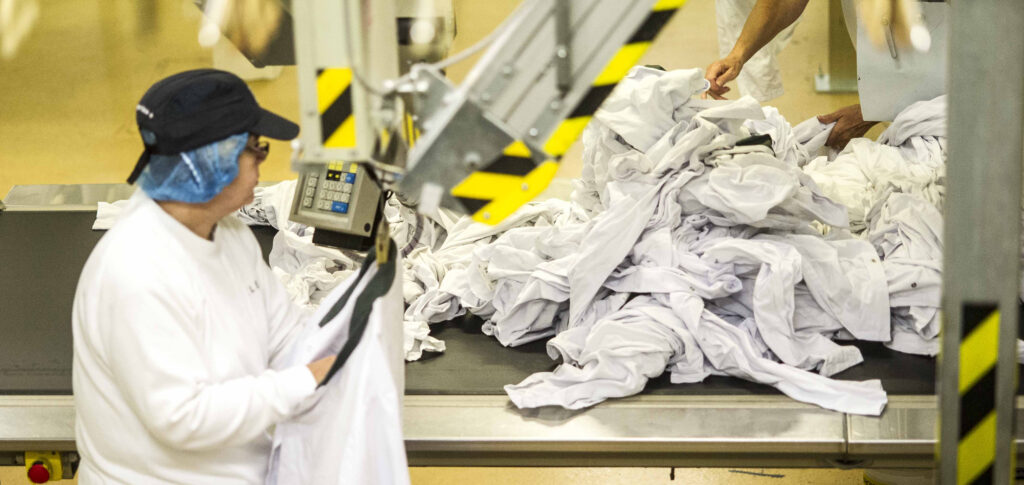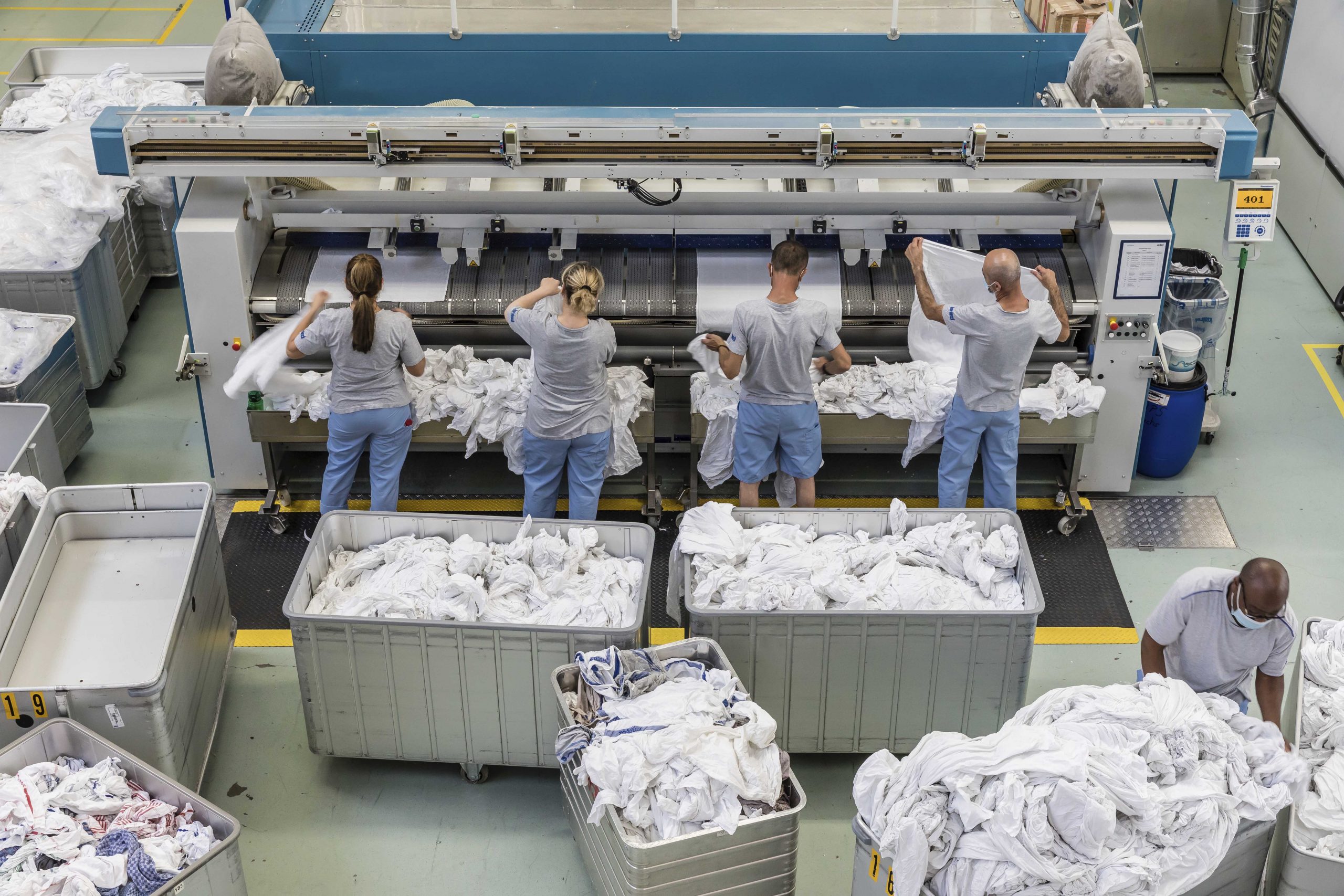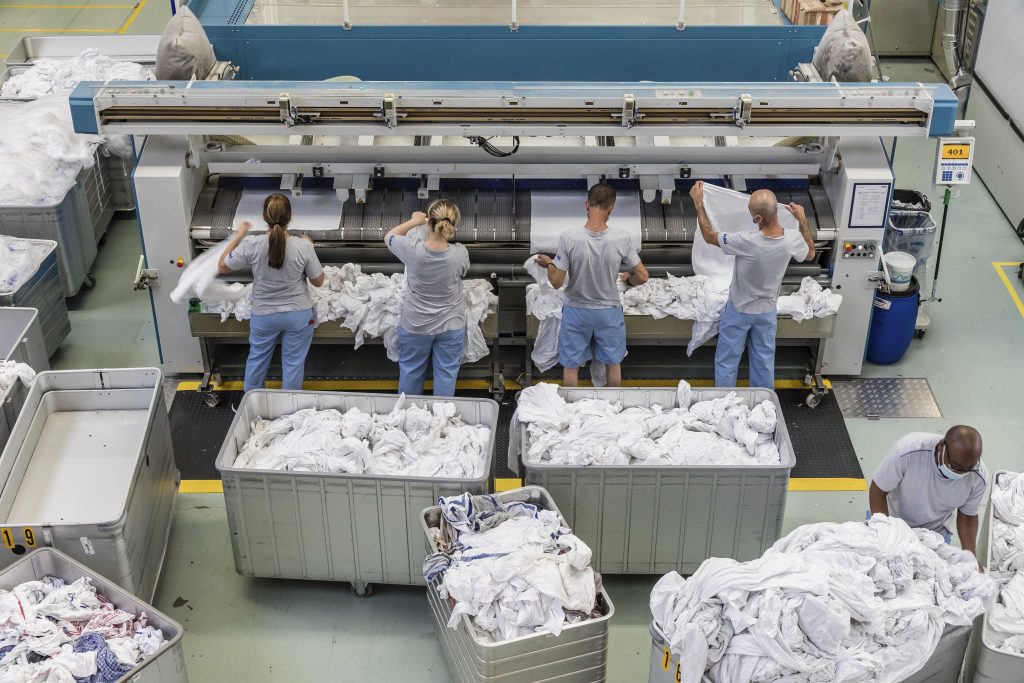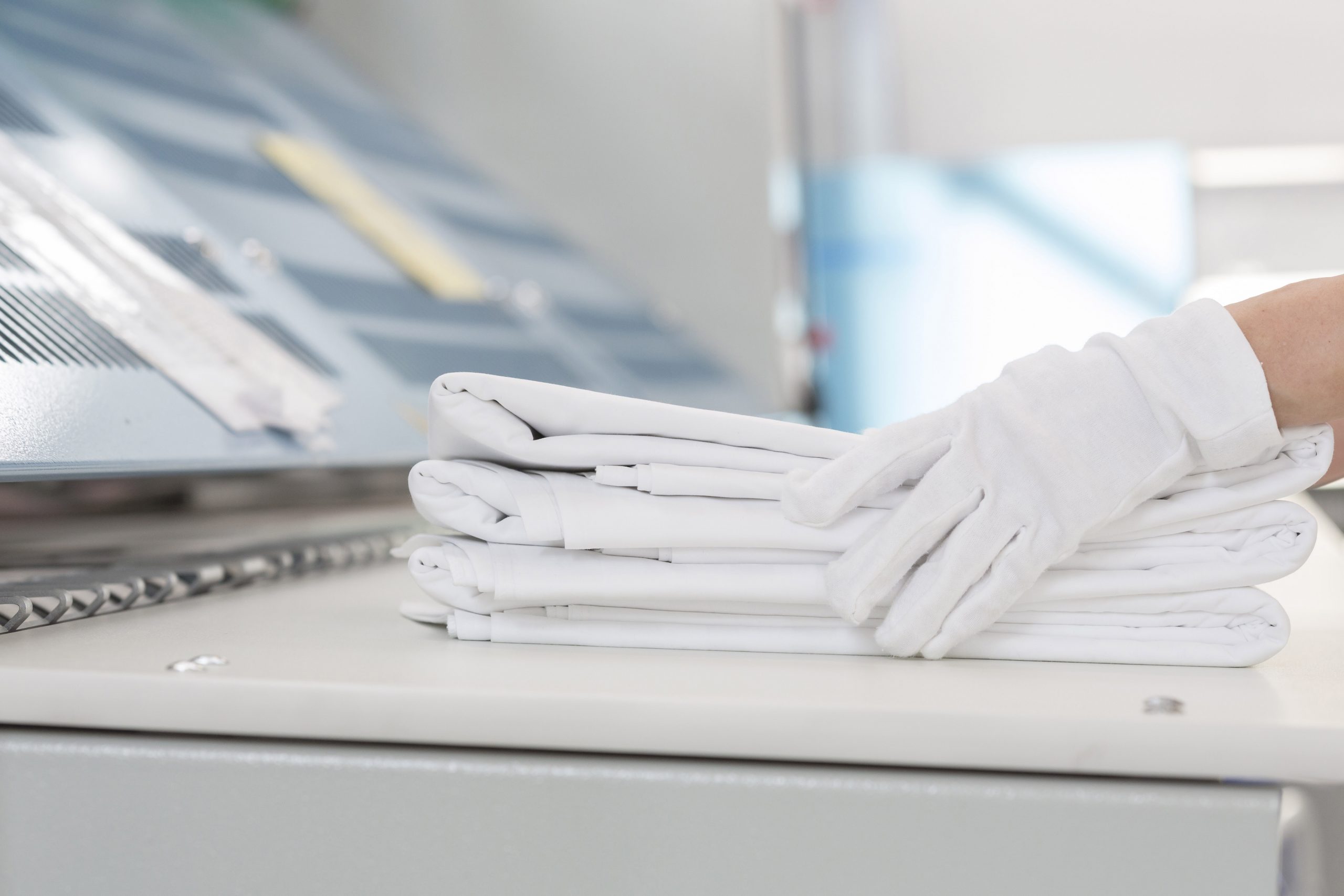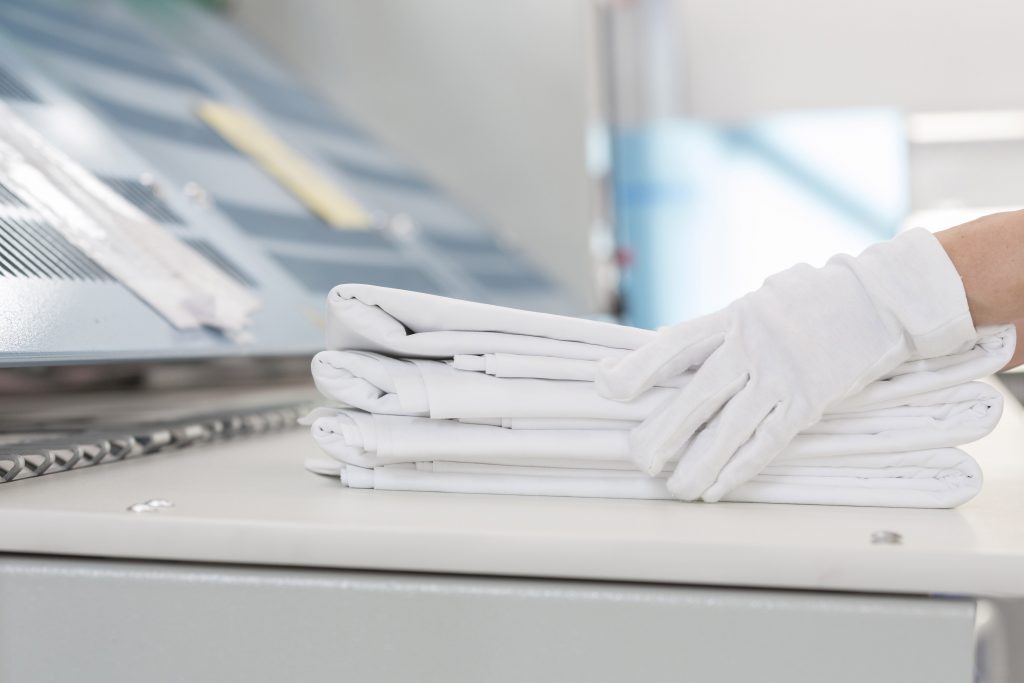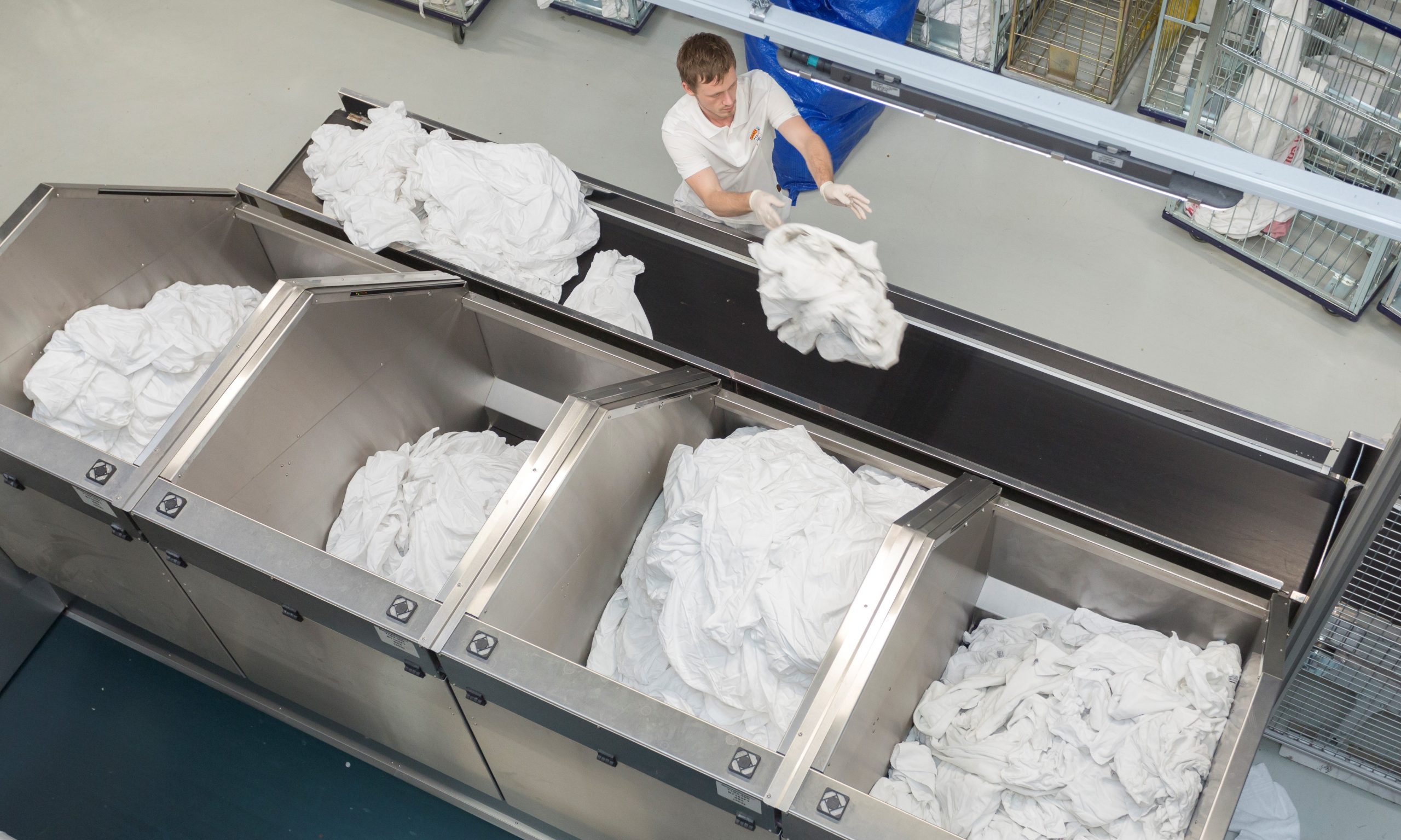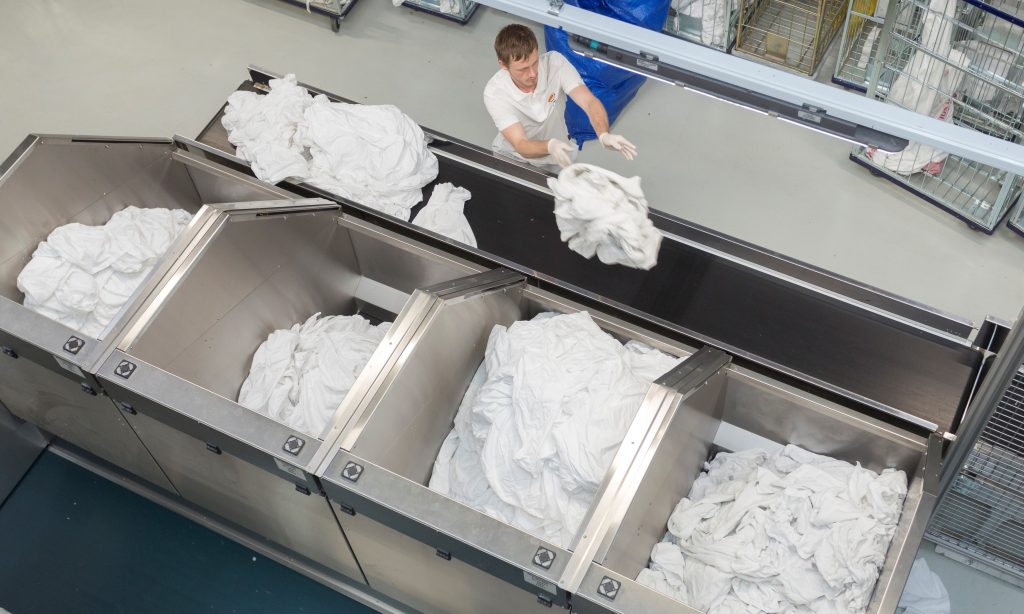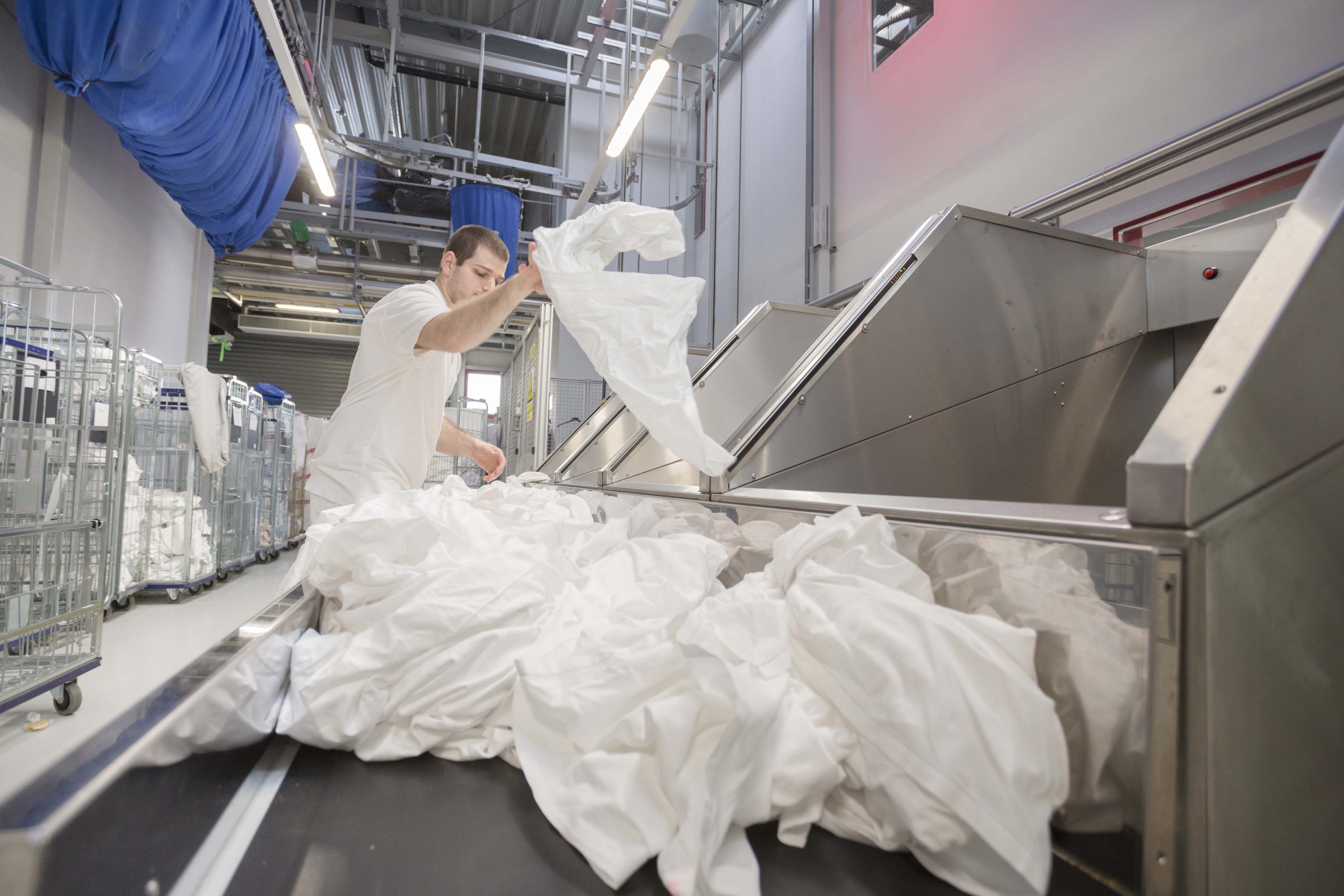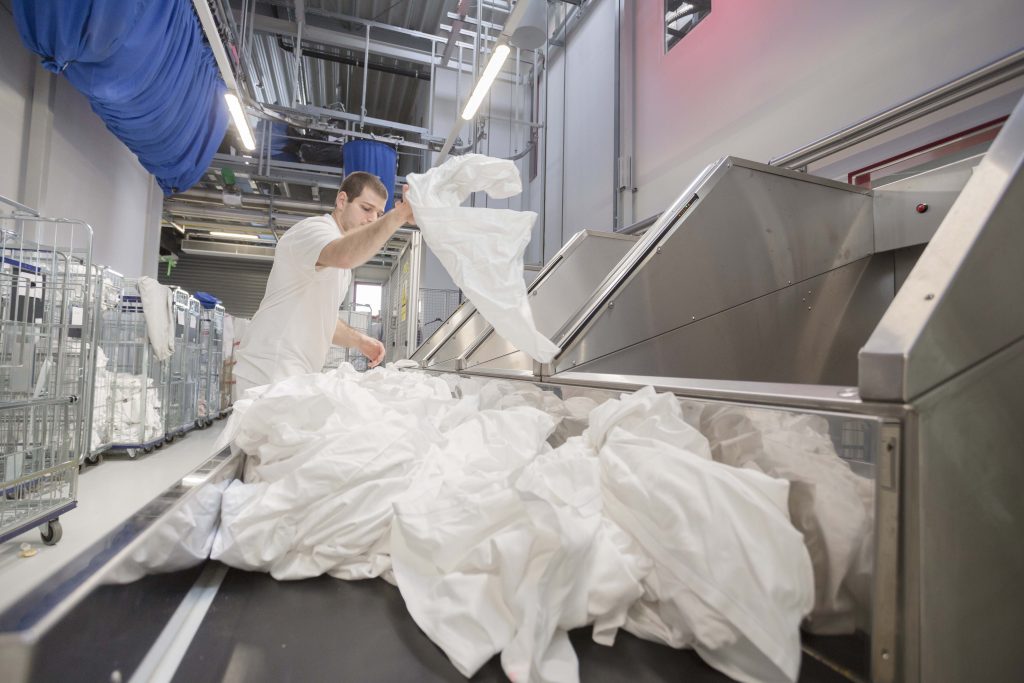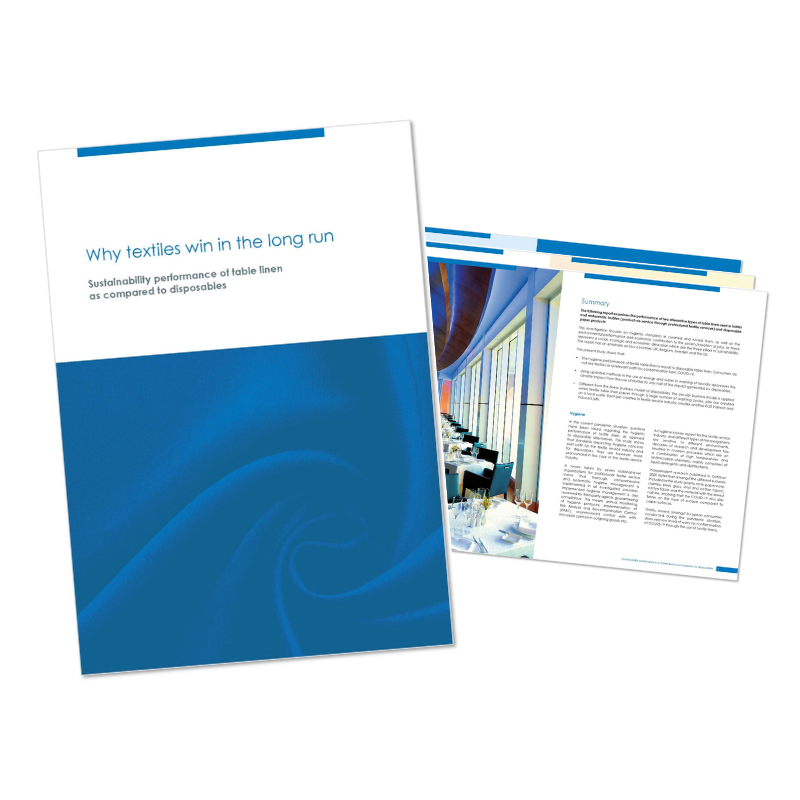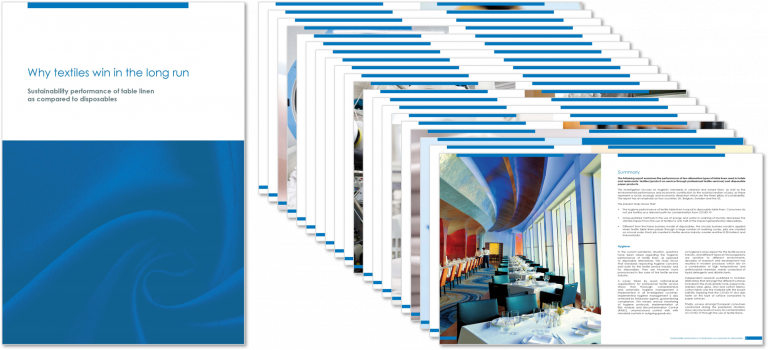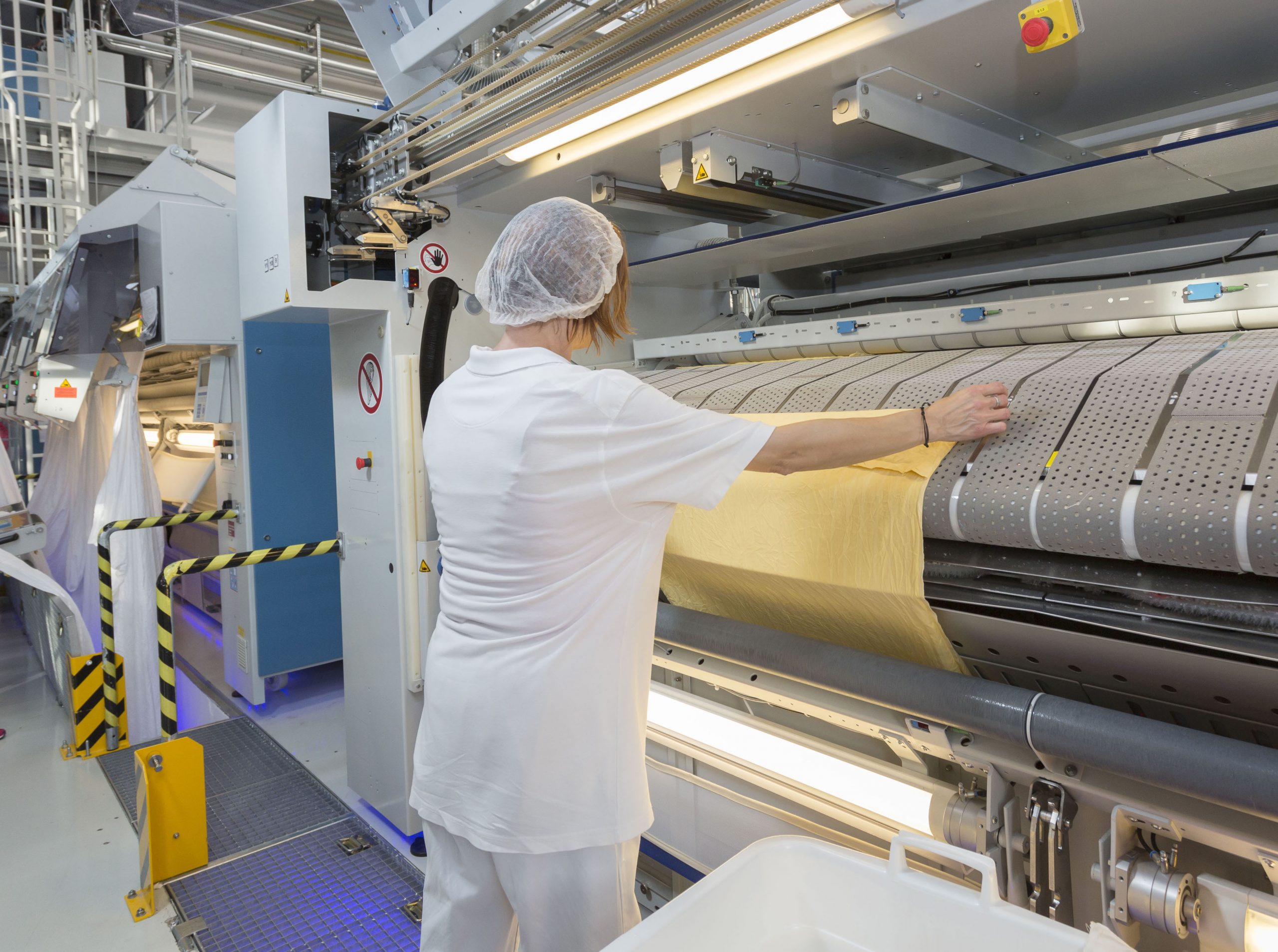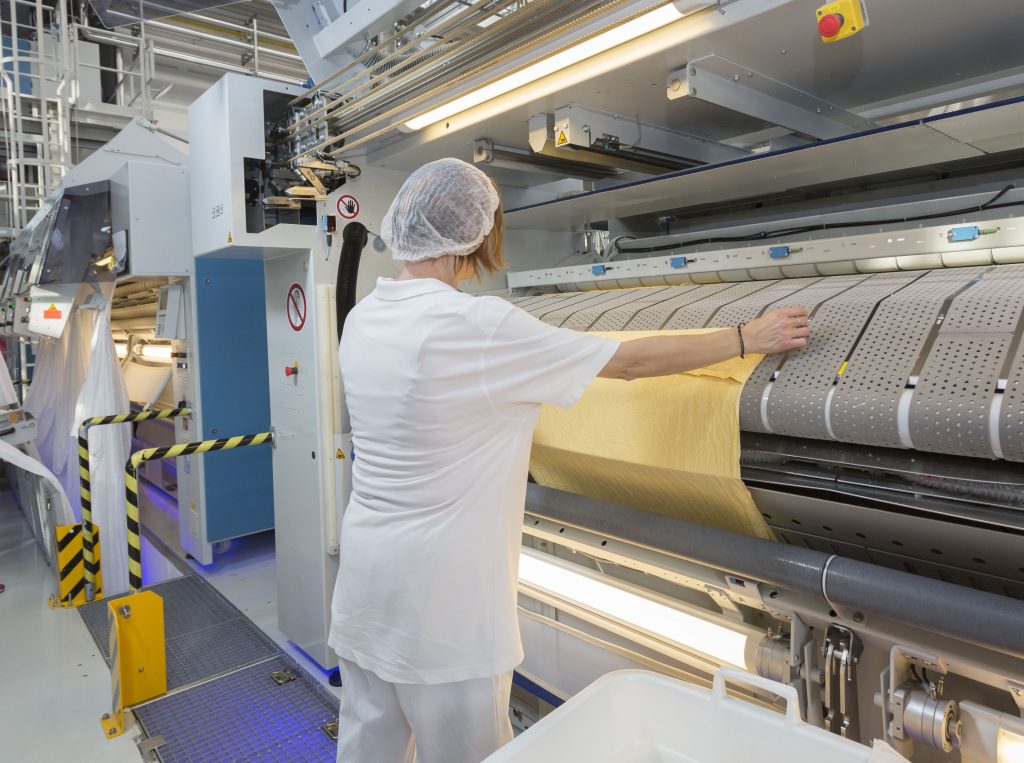UKHospitality and TSA form collaborate partnership at Round Table, Round One
The first Round Table summit between leading hospitality groups and commercial laundries ended in a series of pointers that will help plan for a sustainable and successful future. Hosted by the TSA (Textile Services Association) and UKHospitality, the event was the first step in establishing a collaborative partnership to tackle the extreme pressures that confront both industries. Two key areas under discussion were the difficulties in the current operational model, with the need to take into account the increasing unpredictability of hotel occupancy, and the drive to be more sustainable. However, alongside these ‘big picture’ issues more day-to-day topics were discussed – such as the establishment of standard sizes for bed linen.
Co-chairs of the discussions were David Stevens, CEO of the TSA, and Tony Sophoclides, Strategic Affairs Director of UKHospitality. Leading organisations from both hospitality and the laundry industry were represented, including Accor, Clean Linen Services, Fishers Services, Georgian House Hotel, IHG, Johnsons Hotel Linen, Marriott, and Travelodge. The event took place at the London Marriott Hotel Regents Park on 24th March 2022.
The importance of laundries to the hotel sector was underlined by Andrew Towns of Marriott and Emmanuel Poignant of Accor, who both confirmed, “Linen is critical, without it we can’t sell our rooms.”
Summer 2022 vs. summer 2021 brought lively discussion, underlining the occupancy issue. While London hotels are reporting levels ahead of 2021, for the rest of the UK the figures remain in line with last year.
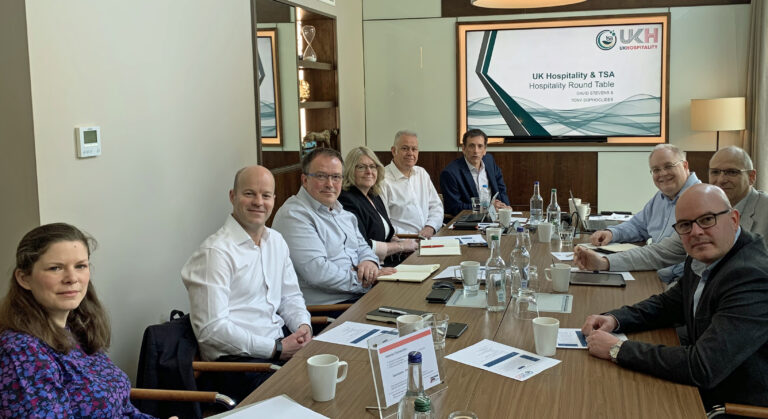
Meanwhile, there has been a surge in last-minute booking, exacerbating the volatility of the market – and making it nigh on impossible to predict requirements for linen. The combination of staffing issues and irregular capacity is adding to the problems laundries are facing.
On a positive note, Kevin Godley of Clean noted that laundries are better prepared this year than they had been in summer 2021, when business went from zero to 100% almost overnight. However, he added a proviso: “Success this summer will only be achieved if laundries and hotels work together in partnership to overcome these ongoing challenges of irregular occupancies, recruitment shortages and availability of linen.”
It was agreed that better communications between laundries and hotels could help reduce the issue of sharp peaks and fast declines in linen requirements. However, there may be a need to invest in more linen – as one delegate pointed out, for a hotel, the cost of investment is likely to be less than the cost if they had no linen.
Sustainability is an ongoing issue and one that hotels and laundries must tackle together. TSA’s ‘Infinite Textiles’ scheme, which looks to extend the life of linens and then recycle instead of sending them to landfill, was welcomed by the hospitality industry. Meanwhile there was also consensus to move away from single use plastic to wrap clean linens: with discussions well underway, the initiative is expected to be agreed shortly.
Another question brought to the table was, should there be set sizing for linen? Currently there are very different types and sizes of linen, depending either on what the hotel wants or what the laundries supply. Would a simplified bedlinen sizing structure help? It was agreed that the topic would be investigated further at the next Round Table.
“The Round Table discussions were candid, sincere and have moved us forward,” says David Stevens. “We all agree on the need to work in closer cooperation if we are to survive and thrive. This was round one and it has sown seeds and set up a map for future progress.”
If you have any queries, please do not hesitate to get in touch with us either via email or phone:
T +44 (0) 20 3151 5600

